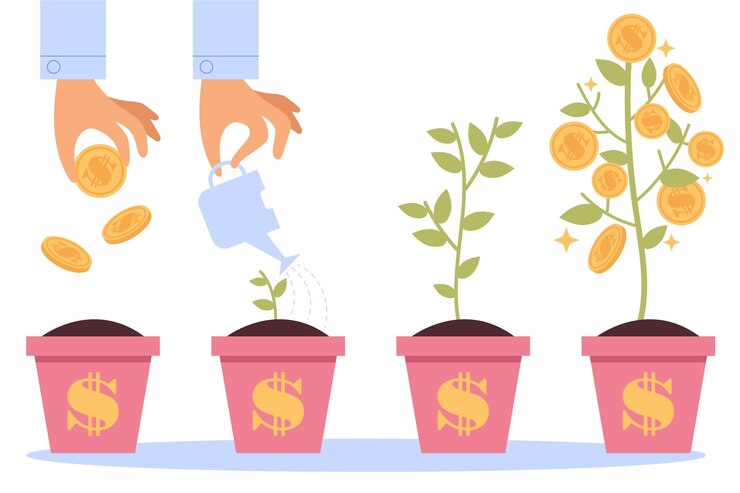
Empowering Women Through IVF: Fertility Options and the Path to Parenthood
In recent years, IVF (in vitro fertilization) has become a powerful tool in empowering women on their journey toward parenthood. Read More
One of the key ways IVF empowers women is by expanding their fertility options. Historically, women facing fertility challenges had very few choices, often relying on chance or accepting the prospect of childlessness. IVF at an IVF clinic Houston, however, allows women to take a proactive role in their reproductive health. Whether they are dealing with conditions like polycystic ovary syndrome (PCOS), endometriosis, or unexplained infertility, IVF can provide a solution. The technology allows women to bypass many common fertility issues by fertilizing eggs outside of the body and implanting them back into the uterus. This process significantly increases the chances of pregnancy, especially when other treatments have failed. Moreover, IVF can be a game-changer for women who have delayed parenthood for personal, career, or financial reasons. As women are increasingly choosing to prioritize education, career growth, or personal development in their 20s and 30s, they may find themselves facing fertility decline as they get older. Age is a major factor in fertility, and IVF offers a solution for women who want to preserve their fertility through egg freezing or embryo banking. Egg freezing allows women to harvest and store their eggs at a younger age, giving them the option to use those eggs later in life when they are ready to start a family. This approach empowers women by giving them flexibility in planning their families on their terms. In addition to expanding fertility options, IVF has created new pathways to parenthood for women who may not have access to traditional methods of conception. For example, single women and LGBTQ+ couples can use IVF in conjunction with donor sperm, donor eggs, or surrogacy to conceive a child. In these cases, IVF clinic Houston serves as an inclusive technology that allows people of various backgrounds and family structures to become parents. This is particularly empowering for women who may have faced societal or medical barriers to parenthood in the past. IVF breaks down those barriers, ensuring that the dream of having a child is available to more people than ever before. However, the journey through IVF is not without its challenges. The process can be physically demanding and emotionally taxing, as it often involves hormone treatments, invasive procedures, and multiple cycles to achieve pregnancy. Financial barriers can also pose significant challenges, as IVF is expensive and not always covered by insurance. Despite these obstacles, many women find that the potential rewards far outweigh the challenges. Another key aspect of IVF’s empowering potential is the sense of community it fosters among women undergoing treatment. As fertility treatments have become more widespread, support networks and online communities have grown, providing women with a space to share their experiences, ask questions, and offer support to one another. These communities create a sense of solidarity, reminding women that they are not alone in their fertility journey. Sharing stories, challenges, and triumphs with others going through similar experiences can be incredibly validating and empowering. This emotional support can make a significant difference in how women navigate the ups and downs of IVF treatment. The medical advancements of IVF continue to evolve, offering more hope and higher success rates with each passing year. As techniques improve and access to fertility treatments expands, IVF will likely continue to play a pivotal role in empowering women to take control of their fertility. From giving women the option to freeze their eggs, to helping couples overcome medical barriers to conception, IVF is redefining what it means to be in control of one’s reproductive future. The ability to make informed, empowered choices about fertility and family planning is a cornerstone of IVF’s lasting impact on women’s lives. In conclusion, IVF represents a significant step forward in empowering women on their path to parenthood. It expands fertility options, offers new possibilities for women with diverse family structures, and provides emotional empowerment by giving women control over their reproductive health. While the process can be challenging, the benefits of IVF far outweigh the difficulties for many women. It is a powerful tool that allows women to take charge of their fertility, make informed decisions, and pursue the dream of becoming a parent. Through IVF, women are given the opportunity to grow their families on their terms, reclaiming control over their reproductive journeys and achieving their goals of parenthood.


